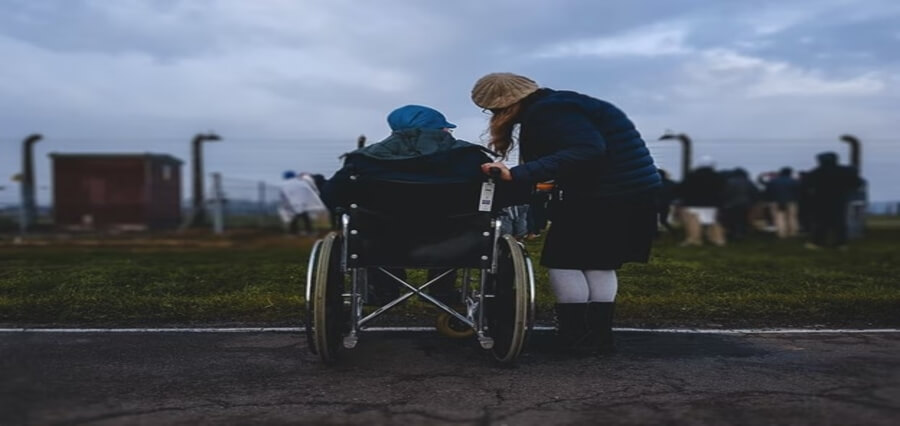As a caregiver for a chronically ill senior patients, knowing how best to care for them can be challenging. Often, the patient’s needs will change rapidly and unpredictably. Below, we will discuss four ways to offer adequate care to chronically ill senior patients and help make your job as a caregiver a little bit easier.
Help Them Understand Their Condition
The first step to take in caring for chronically ill senior patients is helping them understand their condition. Often, they will have been diagnosed with a disease that has limited research available on it. Medical professionals also do not understand many chronic diseases are also not well understood by medical professionals and can be challenging to cope with or successfully treat. This can make patients feel like their situation is hopeless and lead to depression or anxiety.
It is essential that you take the time to explain the patient’s condition in a way they can understand, using clear and concise language. It would help if you also answered any questions about their disease, treatment options, and prognosis. This will help them feel more in control of their situation and improve their mood.
Monitor Their Diet
Chronic diseases can often lead to changes in a person’s appetite and dietary needs. It is important that you monitor the patient’s diet closely and provide them with nutritious foods to help them feel their best. You may also need to adjust their medication regimen if they take medications that interact with certain foods.
If the doctor recommends adding supplements like plant-based protein powders or deep sleep and recovery supplements, you should help them take the right amount of these. If you’re not aware of where to find such supplements, you can find out more from reputable online stores or healthy supplement stores near you.
Encourage Them to Exercise
Another effective way of caring for chronically ill senior patients is by encouraging them to exercise. Even though it’s challenging for seniors in such conditions to get up and move, you can find ways to help them stay active, which will, in turn, improve their quality of life. You can start by doing some light exercises with them and then gradually increase the intensity as they get stronger.
If your loved one is having difficulty moving around, you can look into getting them a mobility aid such as a walker or cane. These will help them maintain their independence while getting exercise simultaneously. Technology has availed better-aging facilities, so you can now get befitting exercising equipment for your elderly loved ones much easier than it was some years back.
Involve Other Family Members
Ensure that you include the family in your elderly loved one’s care. You can have them come over to visit and spend time with their sick grandparent or parent while helping out around the house or cooking meals for everyone. Doing this will ensure that they feel like part of something bigger than themselves, which is extremely important when dealing with a chronic illness.
There are many things you can do to offer your elderly loved one with a chronic illness the best possible care. By using some or all of the tips mentioned above, you will be on your way to providing them with everything they need to make their day-to-day life more manageable and less stressful.















